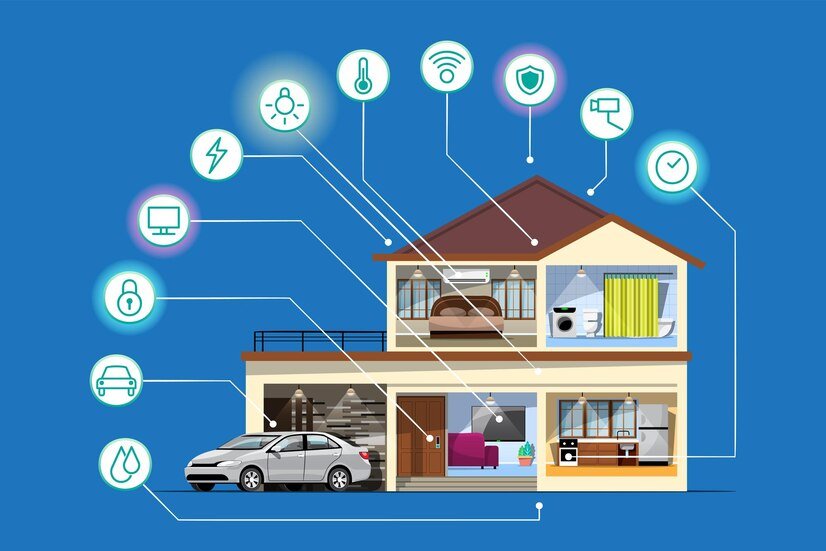The construction industry is undergoing a digital transformation, with the Internet of Things (IoT) emerging as a key catalyst for innovation. By connecting physical devices and systems, IoT enables real-time data collection, analysis, and automation, leading to increased efficiency, productivity, and safety on construction sites.
One of the most significant benefits of IoT in construction is the ability to optimize resource management. By utilizing RFID tags and sensors, companies can implement just-in-time (JIT) provisioning, ensuring that materials and supplies are delivered only when needed, reducing waste and inventory costs. Additionally, IoT-enabled tools and equipment tracking systems help prevent losses, improve maintenance planning, and extend the lifespan of assets.
Enhancing worker safety is another critical application of IoT. Wearable devices equipped with sensors can monitor workers’ vital signs, location, and environmental conditions, enabling early detection of hazards and potential accidents. Furthermore, IoT-powered surveillance systems and digital job site maps provide real-time visibility into on-site activities, facilitating better coordination and risk management.
Fuel management is a significant cost factor in construction. IoT-enabled fuel sensors can optimize fuel consumption by monitoring usage patterns, identifying leaks, and preventing theft. This leads to cost savings and reduced environmental impact.
Augmented reality (AR) is another IoT-driven technology that is transforming the construction industry. By overlaying digital information onto the physical world, AR enhances collaboration, improves design visualization, and facilitates on-site problem-solving.
Building Information Modeling (BIM) and digital twins are complementary technologies that leverage IoT data to create virtual representations of construction projects. These digital models enable better planning, design, and construction management, as well as optimizing facility management after completion.
While the construction industry is still in the early stages of IoT adoption, the potential benefits are immense. By investing in IoT solutions and developing the necessary expertise, construction companies can gain a competitive edge, improve project outcomes, and enhance overall business performance.
However, it’s essential to approach IoT implementation strategically. Identifying the specific areas where IoT can deliver the greatest impact is crucial. Additionally, addressing cybersecurity concerns and ensuring data privacy are vital for successful IoT adoption.
As the technology continues to evolve, we can expect even more innovative applications of IoT in the construction industry, leading to greater efficiency, sustainability, and safety.
